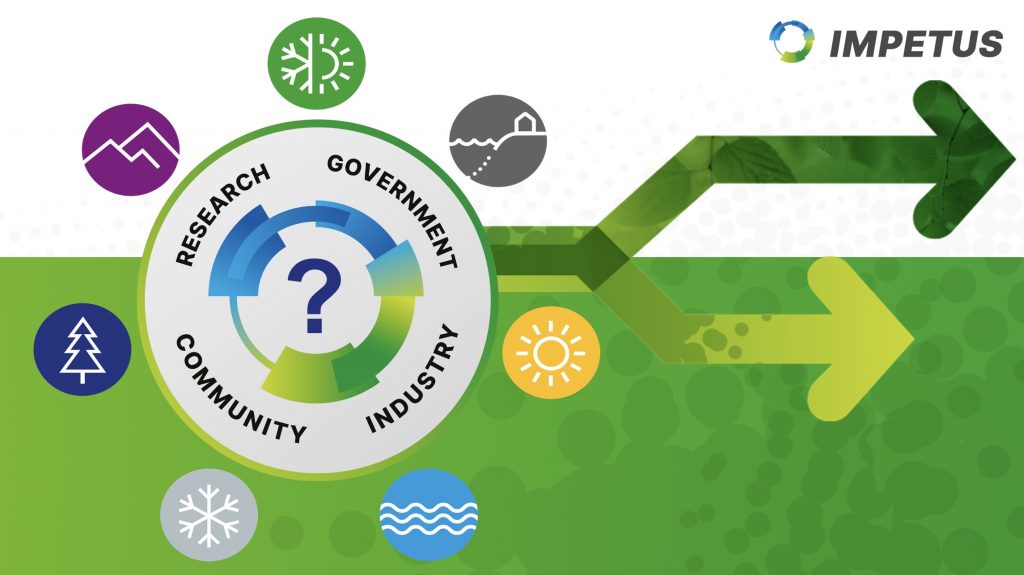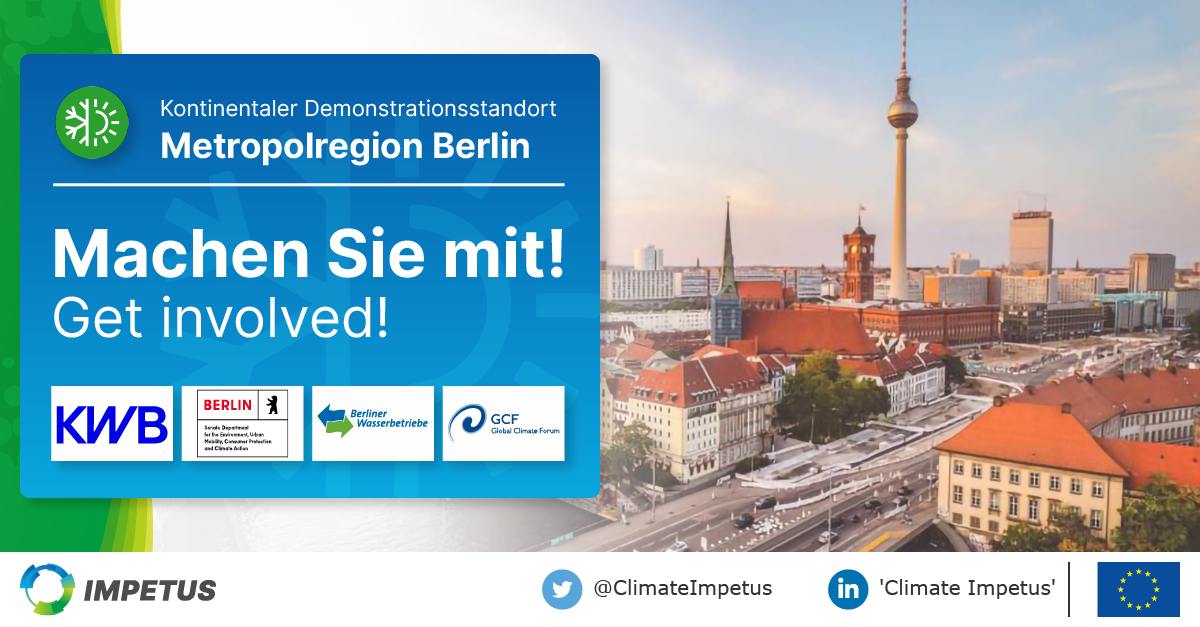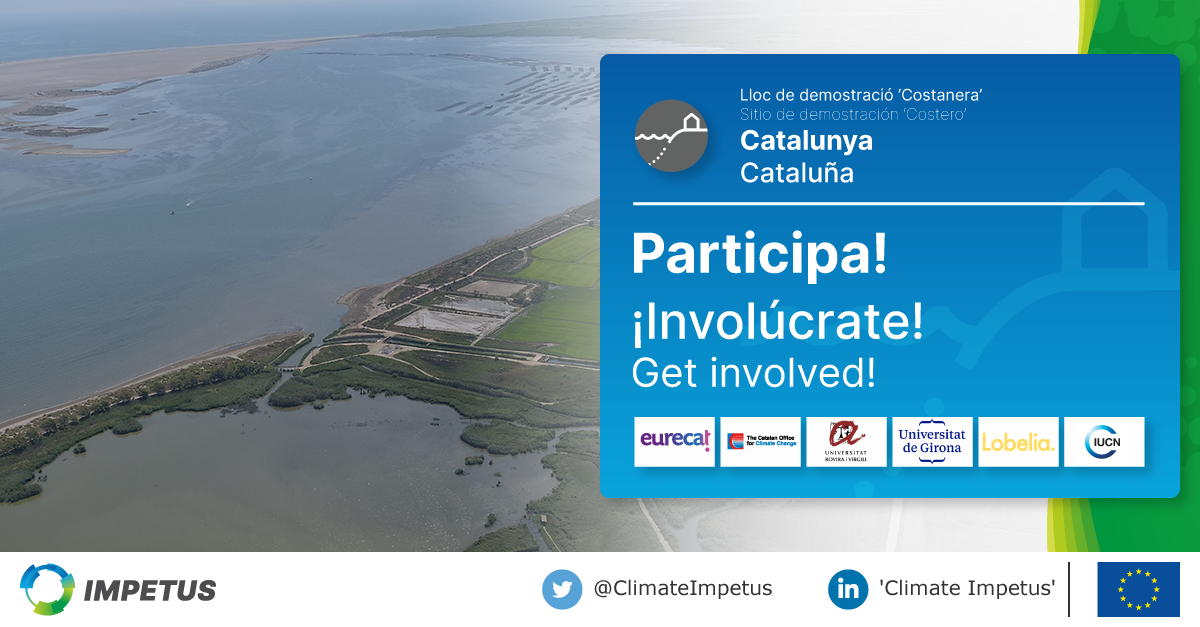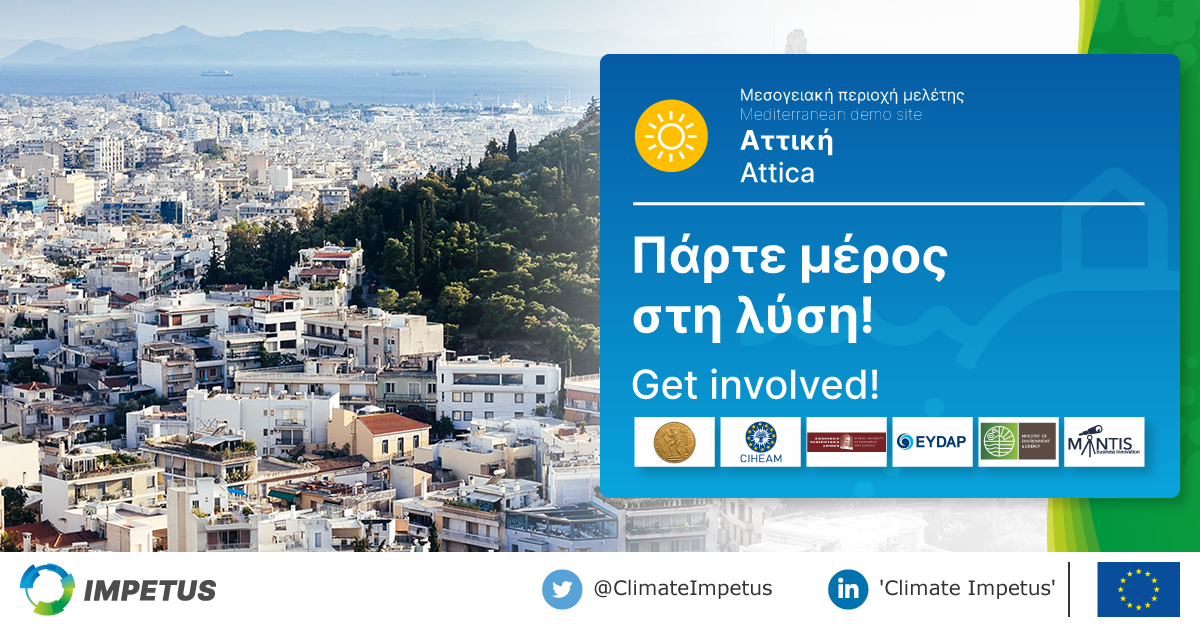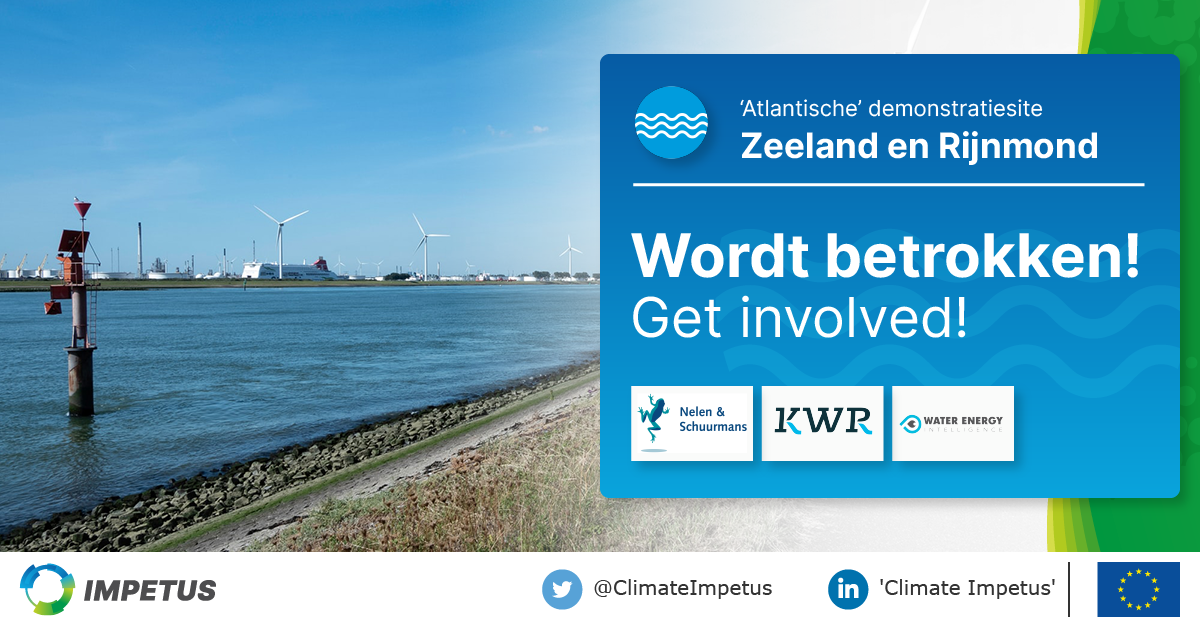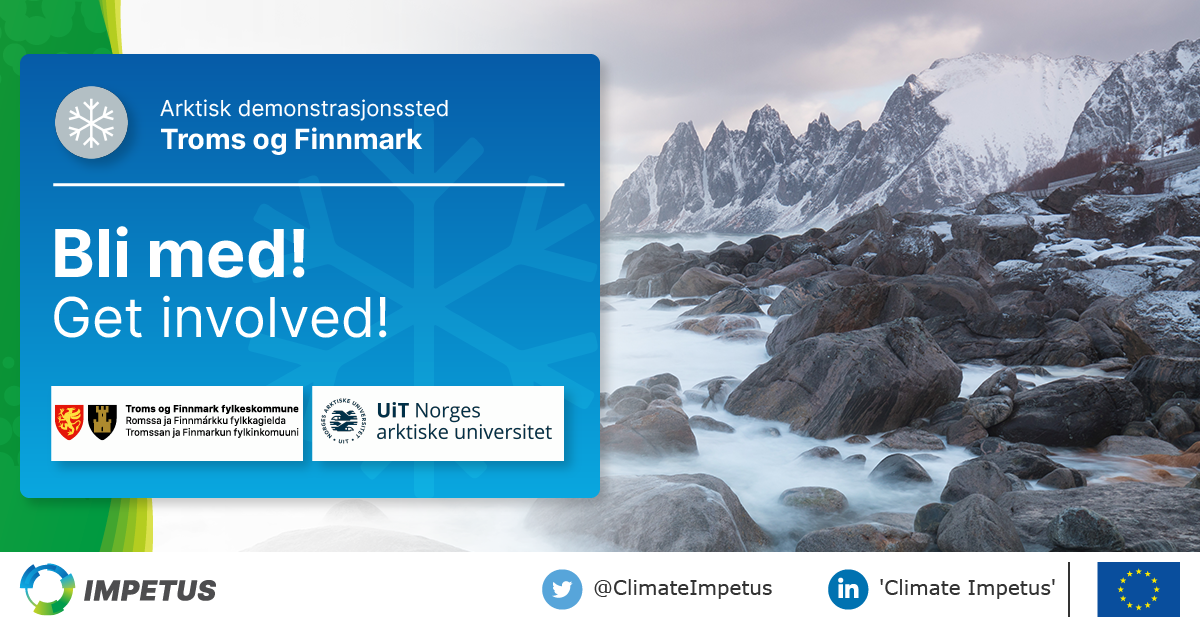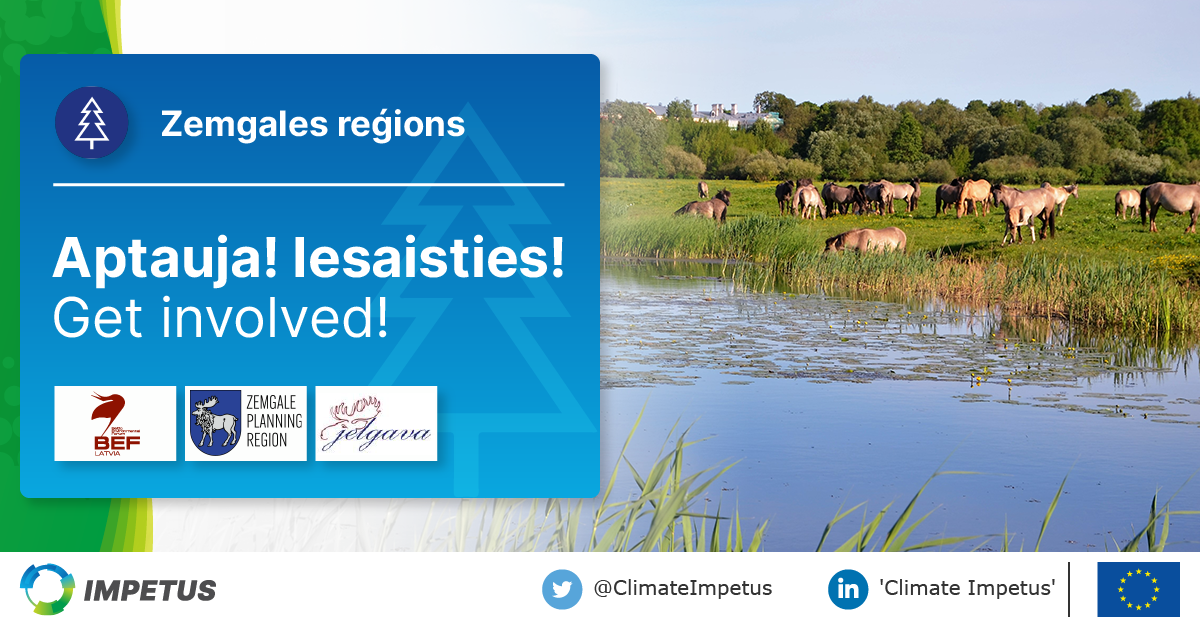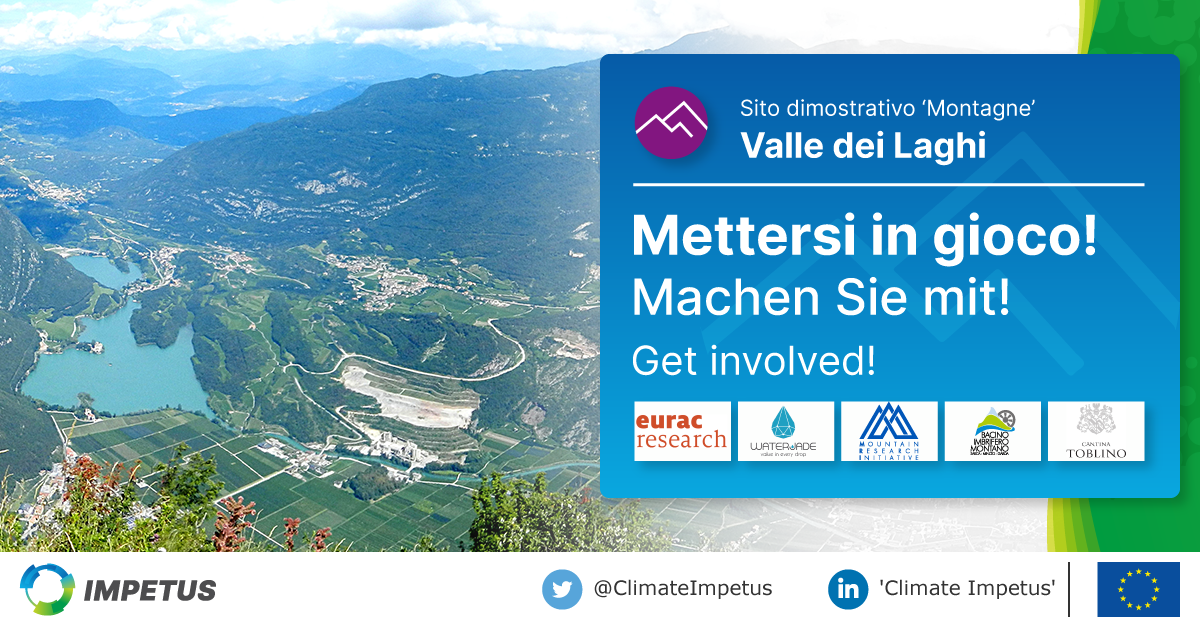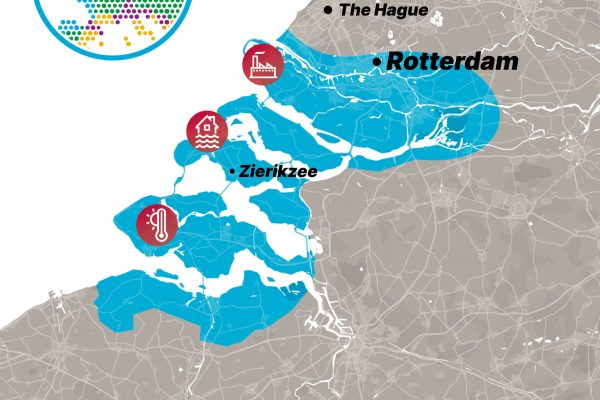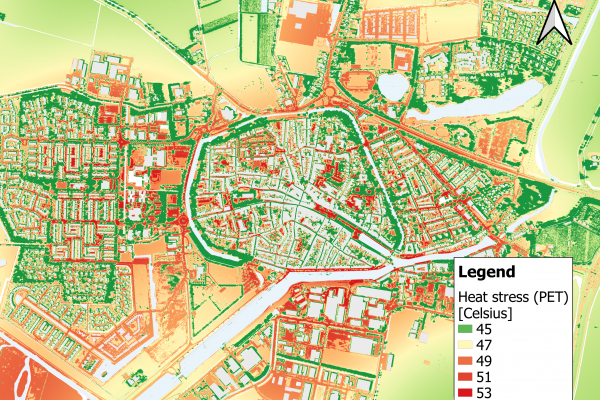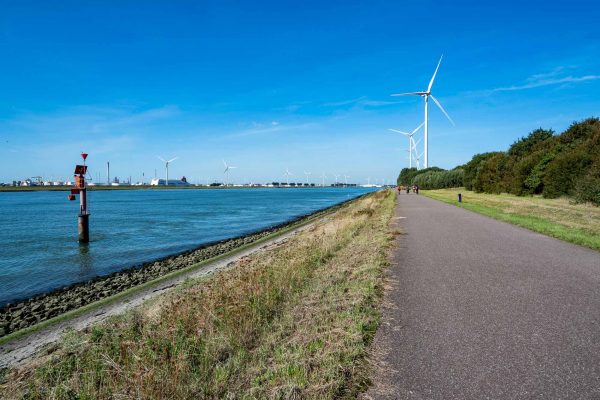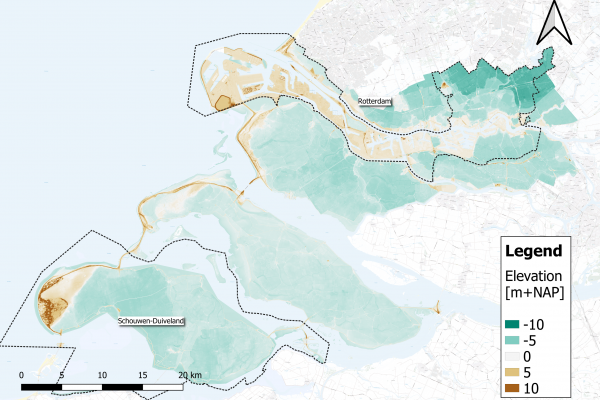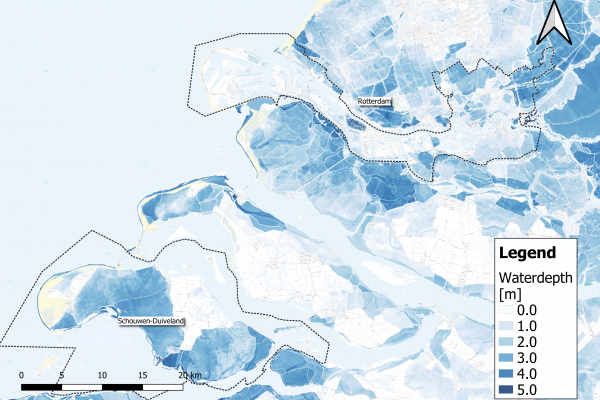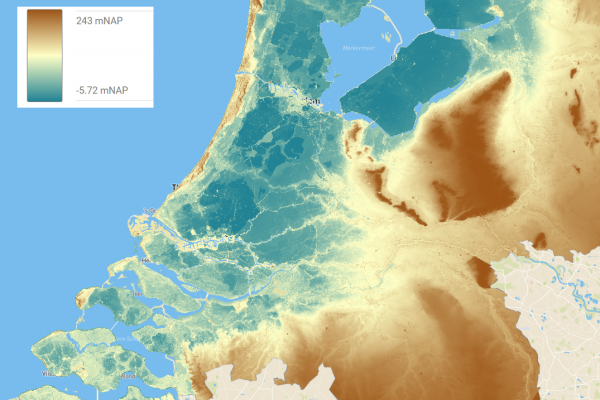What do Berlin (Germany), Catalonia (Spain), Attica (Greece), Zeeland (Netherlands), Troms and Finnmark (Norway), Zemgale (Latvia) and Trentino (Italy) have in common? These regions all face climate change impacts and host EU-funded IMPETUS project activities to address the challenges. And, the local project partners want to hear from you if you are there! Individuals and organisations located around the project’s demonstration sites are invited to take part in their regional survey. Available in local languages and in English, these 15-minute surveys will form the basis for activities to help these communities adapt to the impacts of climate change.
Be part of the climate-change solution
The survey responses will help shape climate change adaptations for long-lasting benefits in each of the regional communities. Based on the survey responses, the IMPETUS partners for the seven demonstration sites will offer local citizens, businesses, industry, media and civil society representatives further opportunities to take part in project activities. By participating in activities to co-create relevant solutions, local representatives can ensure that regional economic, social and cultural factors are taken into account and contribute to locally beneficial climate adaptations and the wider IMPETUS goals for a climate-neutral and sustainable future.
Take the survey!
For people living, working or doing business in or around the following areas, please share your knowledge, expertise, concerns and ideas about climate change and its impacts in your region:
Local organisations, local focus
The partners around each of the seven demonstration sites are taking the leading role in their region’s IMPETUS project activities. Some partners focus on urban or drinking water systems, others on digital technologies or the use of Earth observation satellite data, others are municipal or government bodies, and some are research-based institutions or companies, bringing a wide range of disciplines and expertise to the project. As the local contact points for the project’s vital work to engage with regional stakeholders, these partners are the key to co-creating solutions and learning outcomes, and ensuring the long-term impact and legacy of the work.
“This is an exciting opportunity to get involved, create a collaborative network and build solutions for the future of these regions, communities and countries. We kindly invite anyone with interest or knowledge about climate change and its local impacts to help us kick-start this important work by answering their regional survey questions.”
Hella Schwarzmüller, KWB Head of Groundwater Department, IMPETUS coordinator for deployment of solutions at demo sites
Further information
Find out more about the seven IMPETUS demonstration sites and solutions, local climate-change risks and activities, and all the IMPETUS partners.
